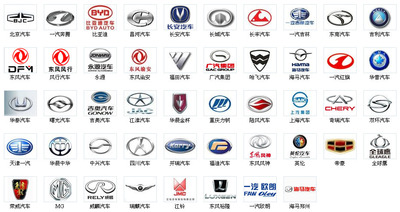Some Chinese EVs Are Already Cheaper Than Gasoline-Powered Vehicles
Special to The Auto Channel
From Top Speed
China’s electric vehicle industry is the largest in the world, as it accounts for around 60-percent of global production and one-third of EV sales worldwide. Like a hornet’s nest that has been violently shaken out, the Chinese market has gotten increasingly more aggressive over the last few months, after the government decided to cut back on subsidies. The decision is particularly threatening to manufacturers since tax cuts and governmental help were the major incentives for buying an EV. As a result, the demand for electric vehicles is set to decrease at a rapid rate thus prompting Chinese automakers to urgently drop their prices as low as 100,000 Yuan ($14,500) in hopes of sticking the landing. The ongoing price-war in the People’s Republic puts mainstream Western companies directly at risk as they cannot yet afford to match the offers made by their Chinese rivals. Major players, such as the Volkswagen Group, which extracts over half of its global profits from China, might soon have their backs against the ropes. Furthermore, with Chinese EVs costing 40% less than those made in Europe, their expansion to the next hemisphere could mark a major threat to Western automakers.
The $30,000 BYD HAN EV for instance, has enough potential to blow the Tesla Model 3 and Mustang Mach-E out of the water with its 360 miles of range and its 0 to 60 mph time of 3.9 seconds. Not only that, but the Chinese EV is also cheaper than gasoline-powered rivals such as the 2023 Chrysler 300, the Toyota Crown, and the $44,305 Volkswagen Arteon. And, while BYD is still taking a cautious approach to the U.S. market, other startups such as Nio are already planning to move to the U.S., while the Geely Group, a Chinese multinational that owns Lotus, Polestar, and Volvo Cars has already started taking over. In addition, other EV companies from the PRC might soon need to go beyond the confines of their homelands to avoid bankruptcy, as the EV industry in China is no longer sufficient for profit-making. Tesla is already taking the preventive measure of maximizing market share over profit margins.To that end, the American company (which has already lost ground in China) began cutting prices on the Model 3 in October of last year. In some sort of domino effect, we can expect other competitors to soon follow in the footsteps of the global EV leader by selling cheaper.



